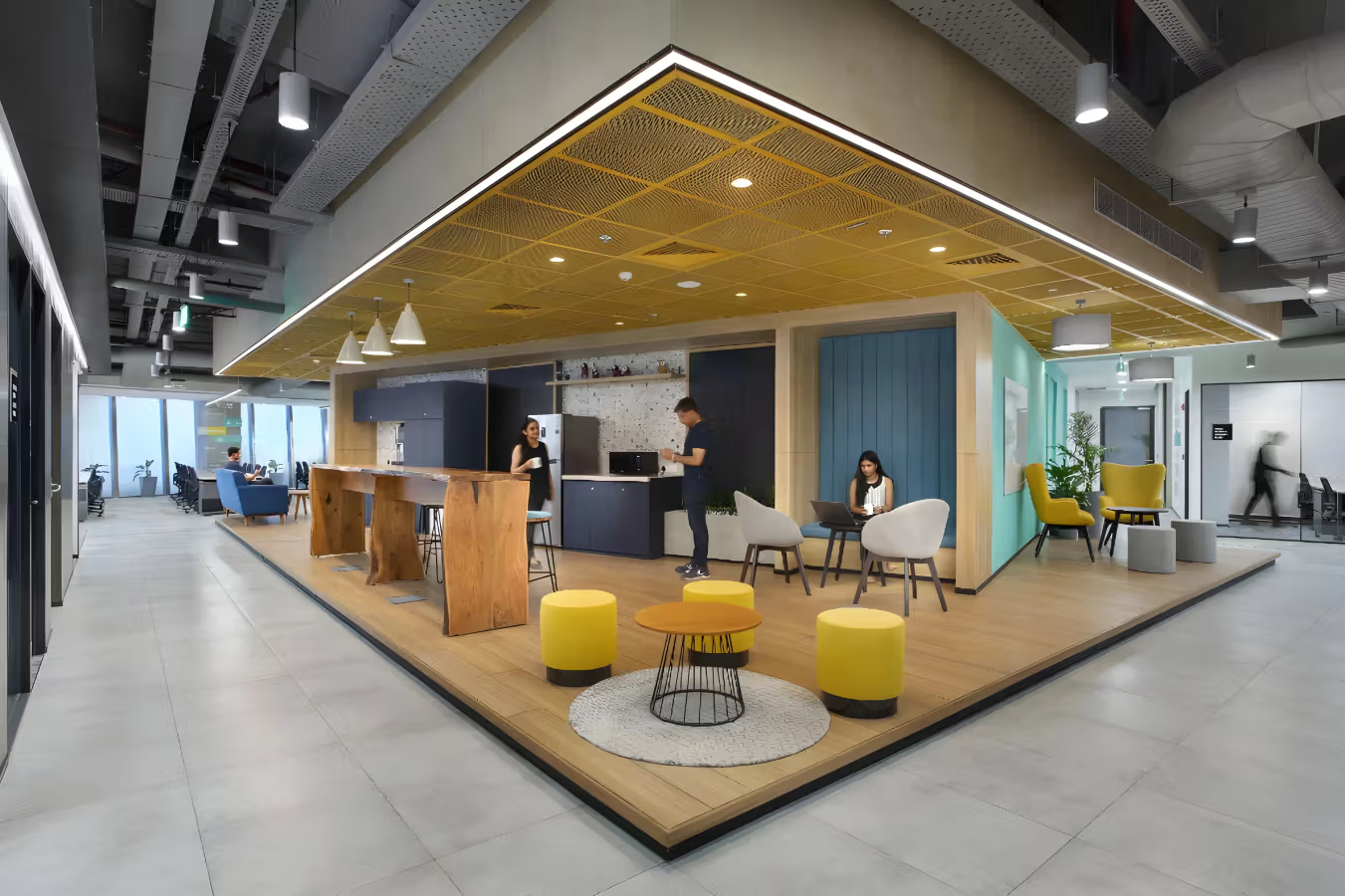
How a Flexible Office Can Save Your Startup 30% on Operational Costs?
Last Update: 16 September, 2025•Read: 7 minutes
Starting a business is an exciting yet expensive process, and the budget must be invested wisely. While core costs, such as marketing and product development, are essential for growth, traditional office setups, including long-term leases, hefty deposits, and recurring maintenance fees, can consume up to 40% of a startup's funds.
Industry data suggests that by eliminating hidden fees and long-term commitments, startups can save as much as 30% on operational costs. Fortunately, flexible cost-saving solutions for startups can change this.
Flexible office cuts expenses, provides professional workspaces, and keeps businesses financially agile. On average, startups save 25–30% compared to traditional setups, but how?
Let's dive into this guide and explore how a flexible office can help your startup save 30% on operational costs.
Industry data suggests that by eliminating hidden fees and long-term commitments, startups can save as much as 30% on operational costs. Fortunately, flexible cost-saving solutions for startups can change this.
Flexible office cuts expenses, provides professional workspaces, and keeps businesses financially agile. On average, startups save 25–30% compared to traditional setups, but how?
Let's dive into this guide and explore how a flexible office can help your startup save 30% on operational costs.
We are the US's No. 1 marketplace for serviced, coworking, and shared office space.
Get personalized recommendations, arrange tours, and secure the best deals — all at no cost.